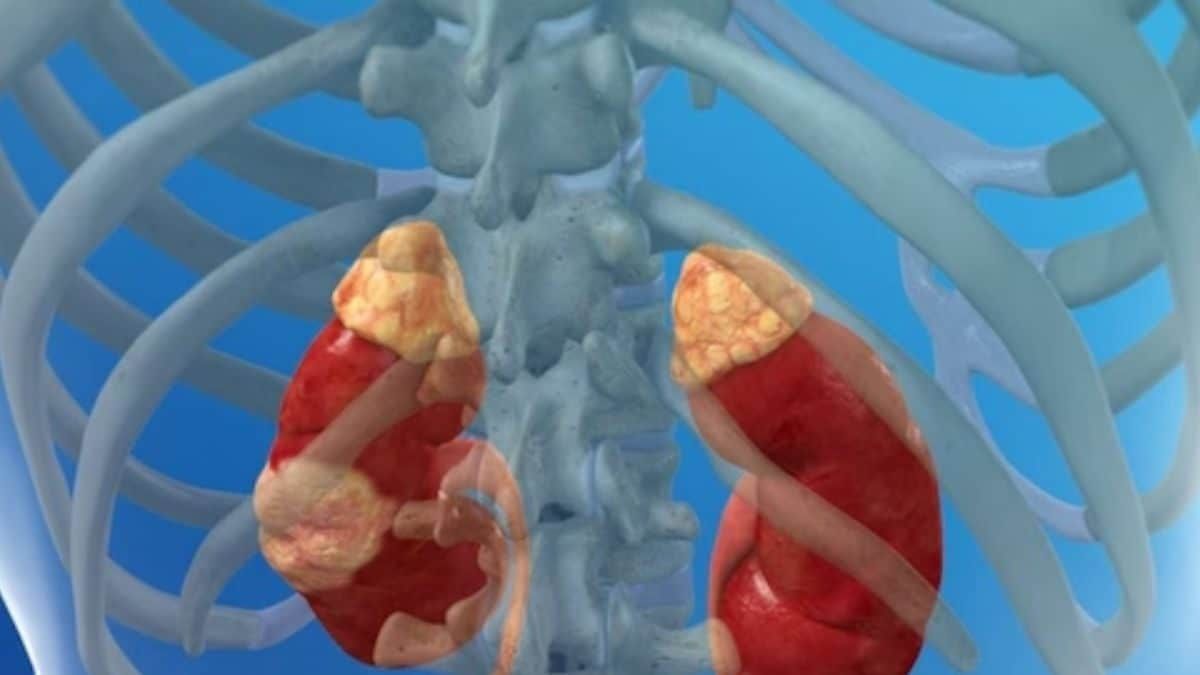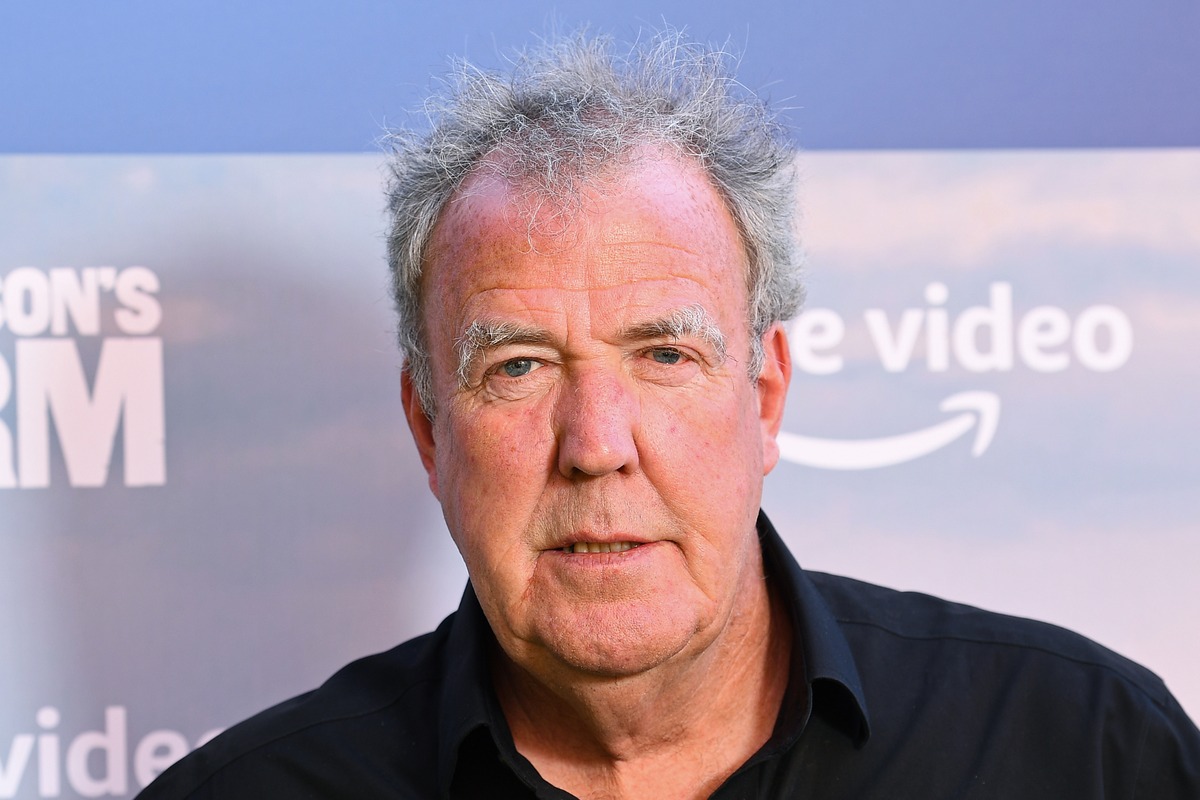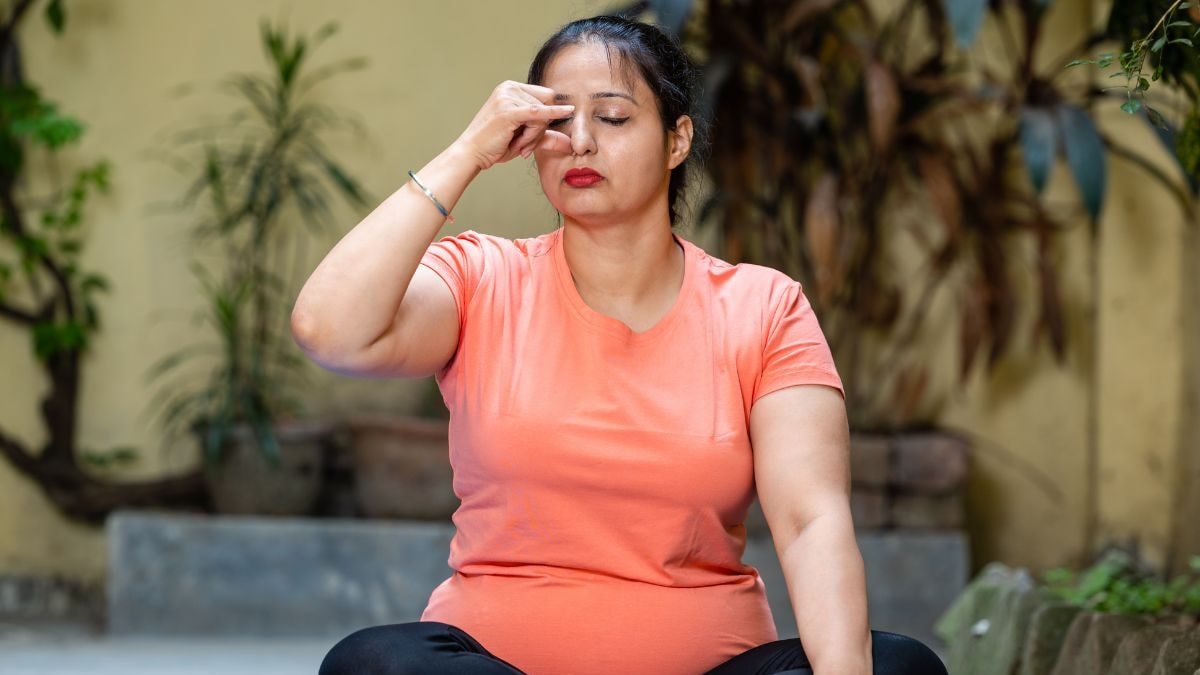Kidney cancer may have no symptoms in its early stages.
The most common type of kidney cancer in adults is renal cell carcinoma.
Kidney cancer is a condition that begins in the kidneys. It occurs when healthy cells in one or both kidneys grow out of control and form a mass (known as a tumor). Most people experience no signs or symptoms in the early stages. Kidney cancer is usually discovered by coincidence during an abdominal (belly) imaging test for another problem. The reason kidney cells change and become malignant is unknown. According to the National Kidney Foundation, as people age, their chances of developing kidney cancer increase. There are several risk factors associated with kidney cancer. Renal cell carcinoma is the most common form of kidney cancer in adults. Other, less common types of kidney cancer can develop. Wilms tumor, a type of kidney cancer, is most common in young children.
Kidney cancer: early symptoms
Kidney cancer may not cause any symptoms in its early stages. When the tumor progresses, symptoms may arise. As a result, kidney cancer is often identified only after it has spread.
Signs and symptoms that may appear over time include:
– Blood in the urine, which may appear pink, crimson, or the color of cola.
– Persistent pain in the back or side.
– Loss of appetite
– Unexplained weight loss
– Fatigue
– Fever
Kidney cancer: risk factors
Factors that may increase the risk of kidney cancer are:
1. Smoking: Non-smokers are less likely to develop kidney cancer than smokers. After you quit smoking, the risk decreases.
2. Obesity: Obese people are more likely to develop kidney cancer than those who are considered a healthy weight.
3. Old age: The risk of developing kidney cancer increases with age.
4. Hypertension (high blood pressure): High blood pressure puts you at risk for kidney cancer.
5. People who undergo long-term dialysis to treat chronic kidney failure are more likely to get kidney cancer.
6. A family history of kidney cancer increases the risk of developing the disease.
Kidney cancer: prevention
Taking steps to improve your health can reduce your risk of developing kidney cancer. To reduce your risk, try:
– Give up smoking:
If you smoke, you should quit. There are numerous options for quitting smoking, including support groups, medications, and nicotine replacement therapy. Tell your doctor that you want to quit and talk about your options.
– Control high blood pressure:
At your next appointment, ask your doctor to check your blood pressure. If your blood pressure is high, you can discuss options for lowering it. Exercise, weight loss, and dietary modifications may be beneficial. Some people may need additional medications to control their blood pressure.
– Keep a healthy weight:
Try to maintain a healthy weight. If you are overweight or obese, try to consume fewer calories each day and be physically active most days of the week. Ask your doctor about other healthy weight-loss strategies.












